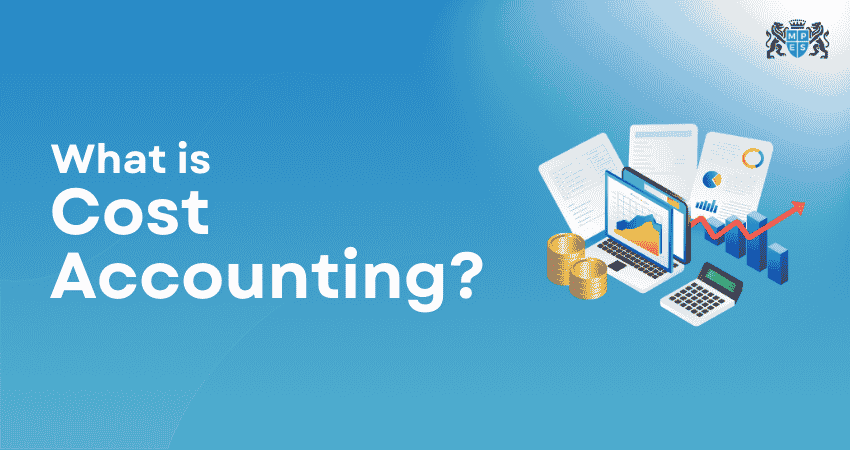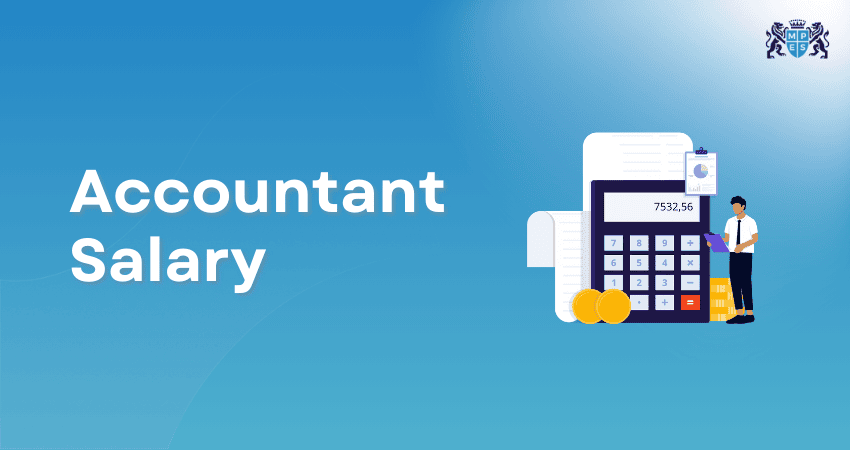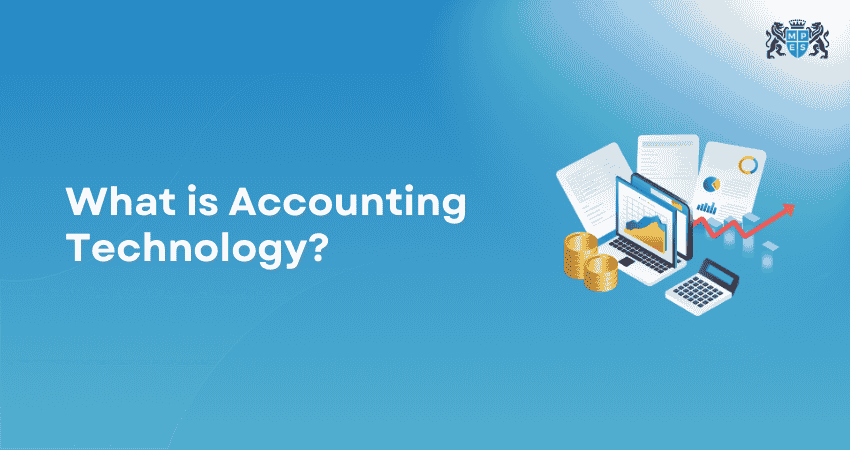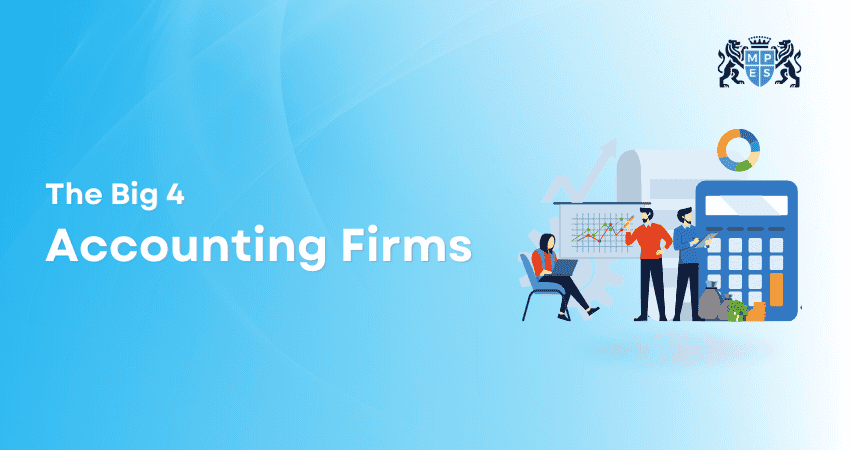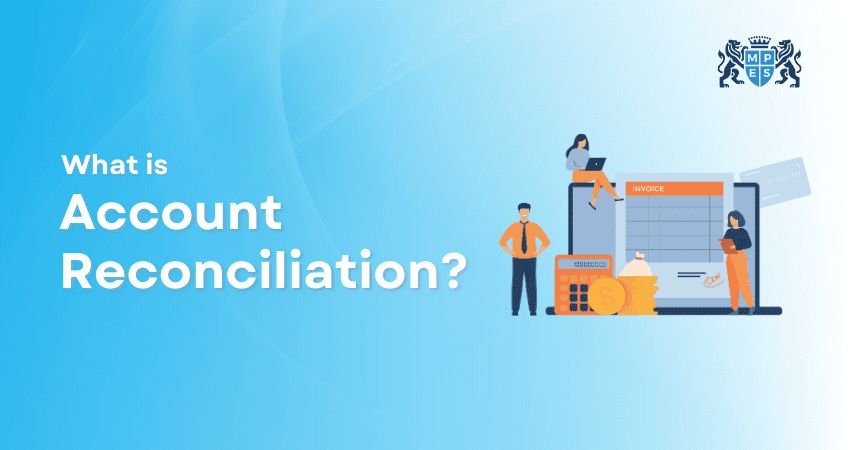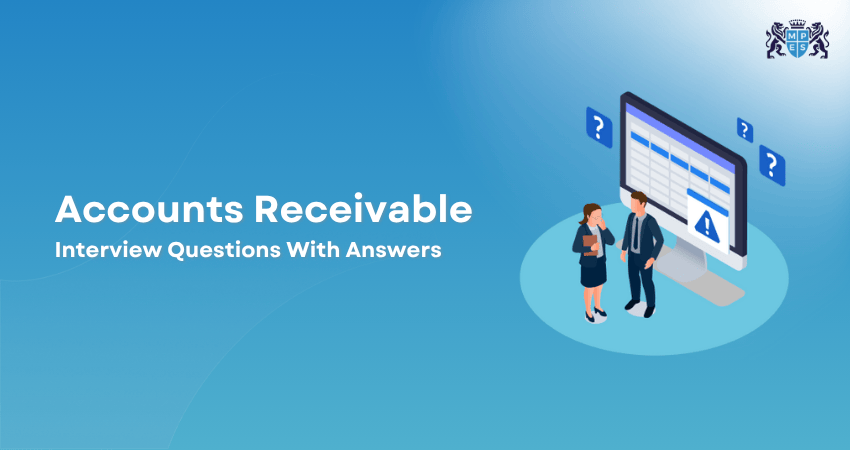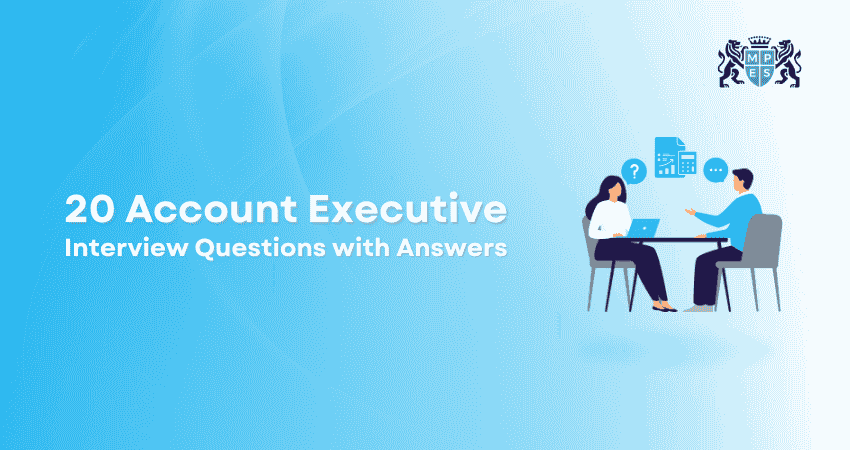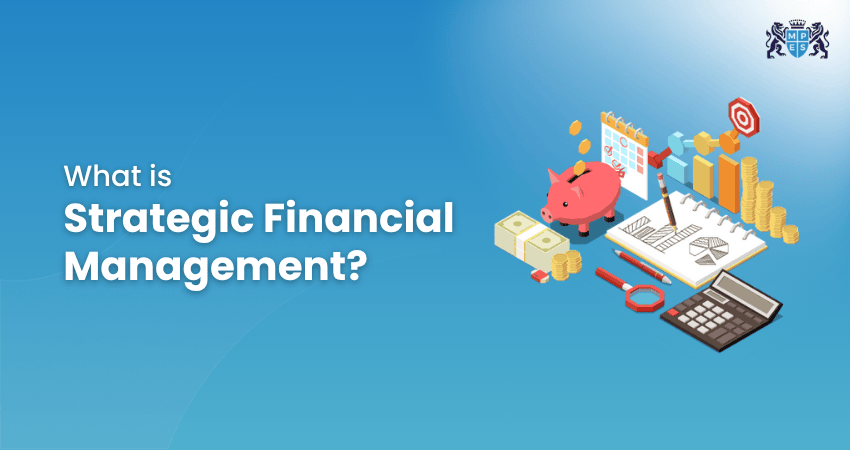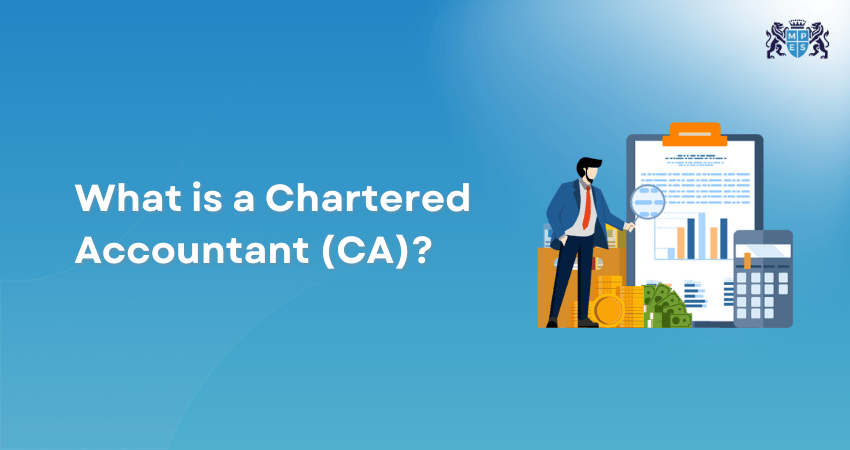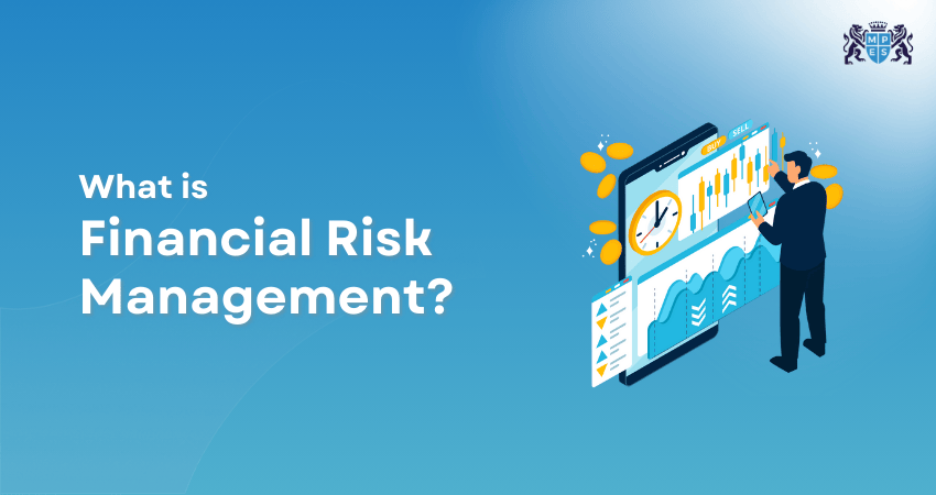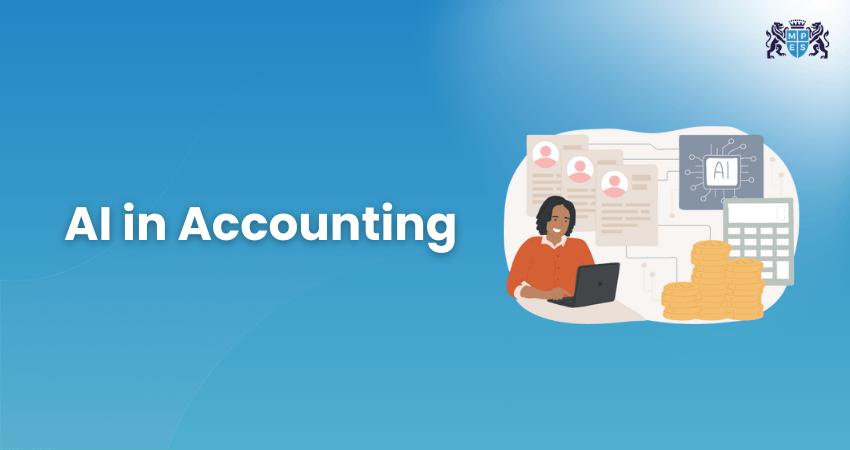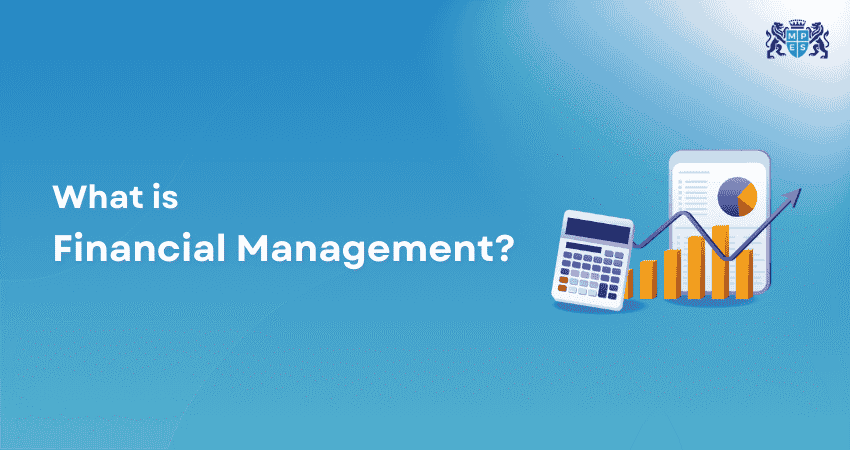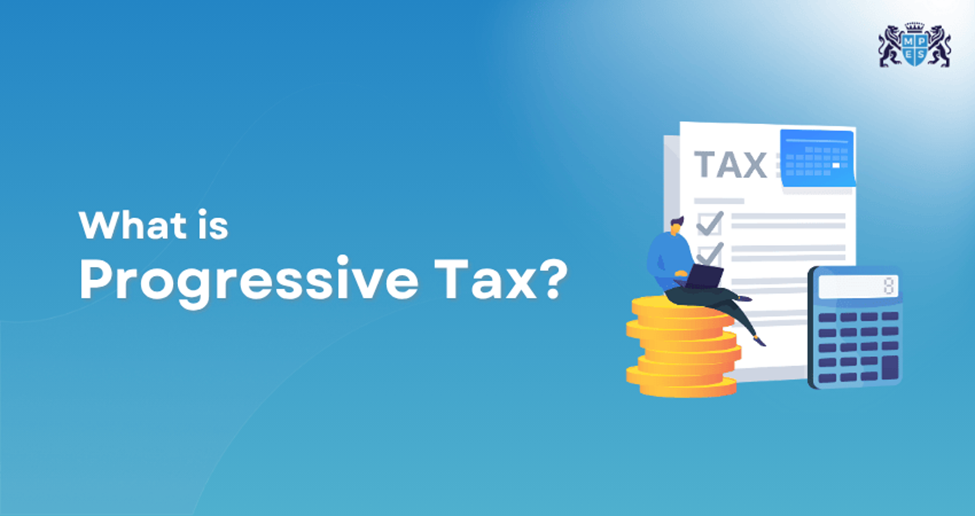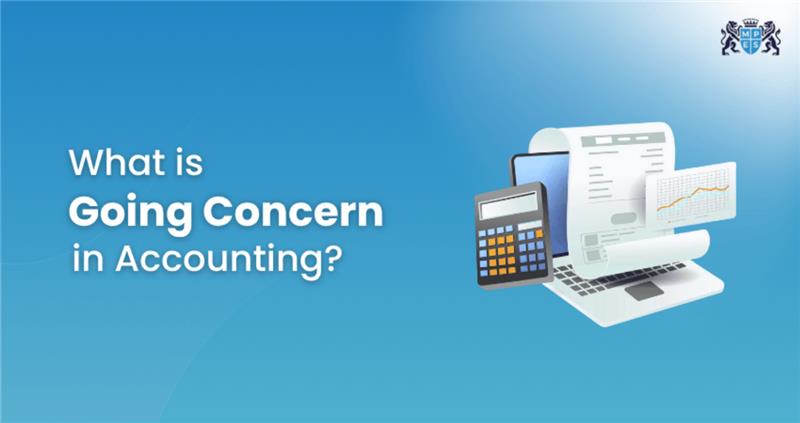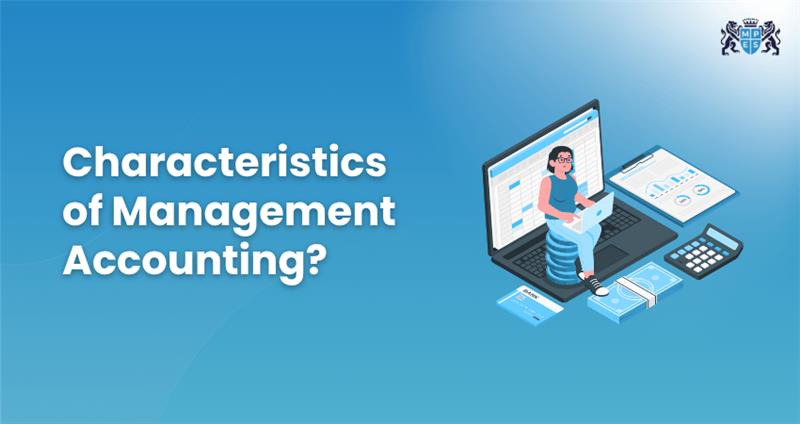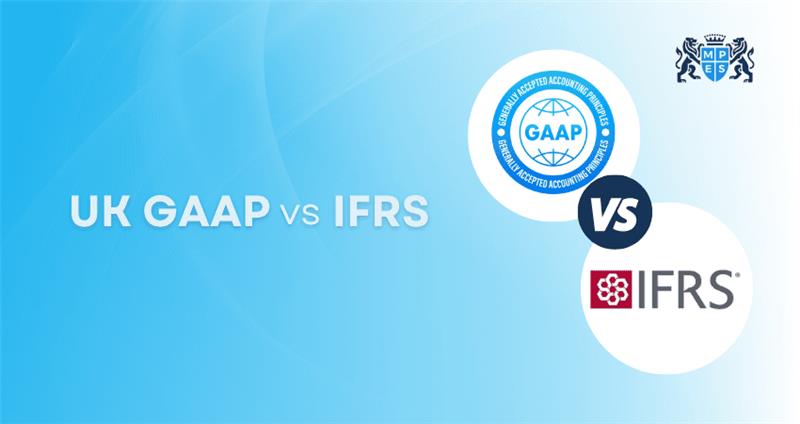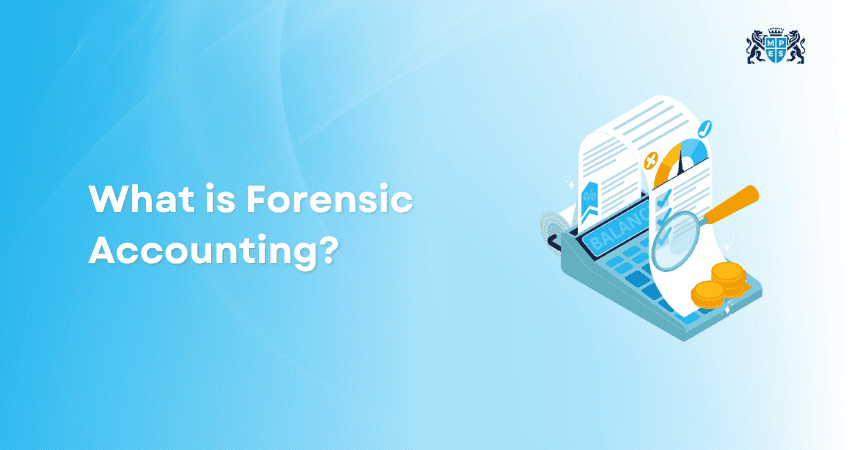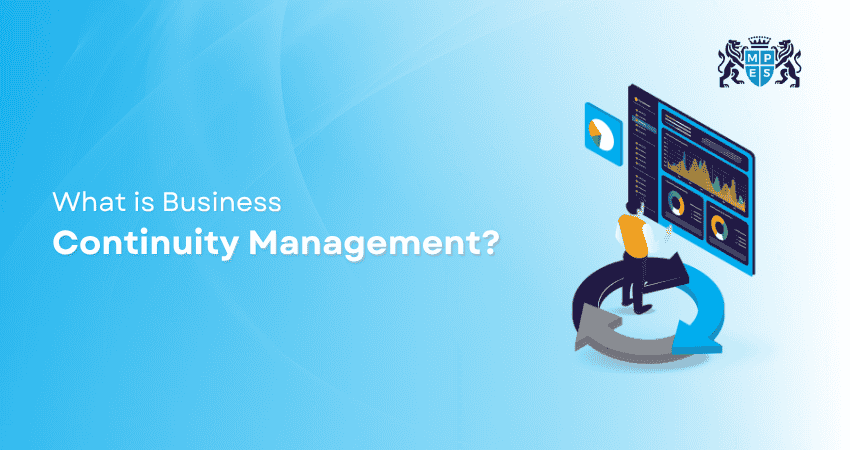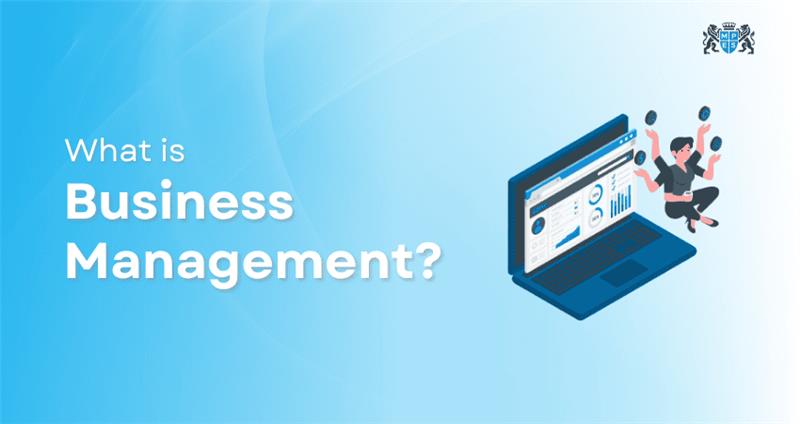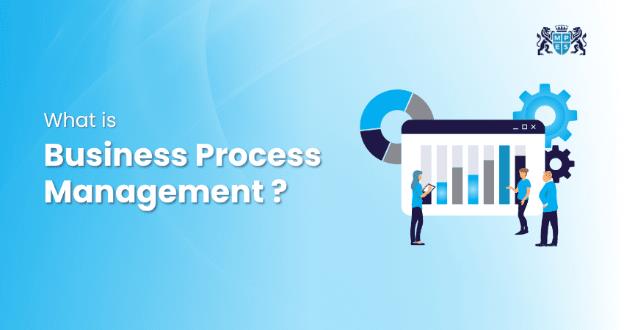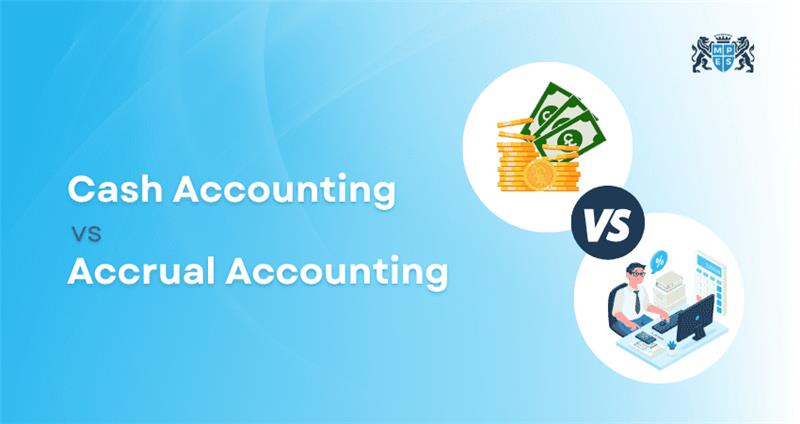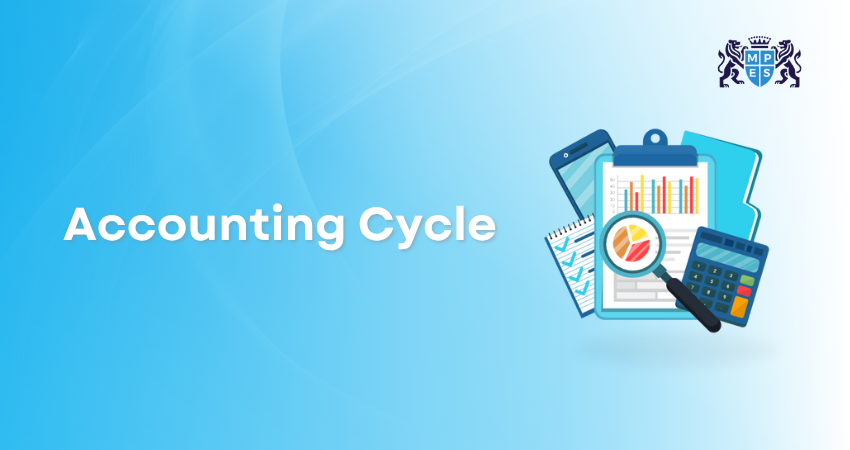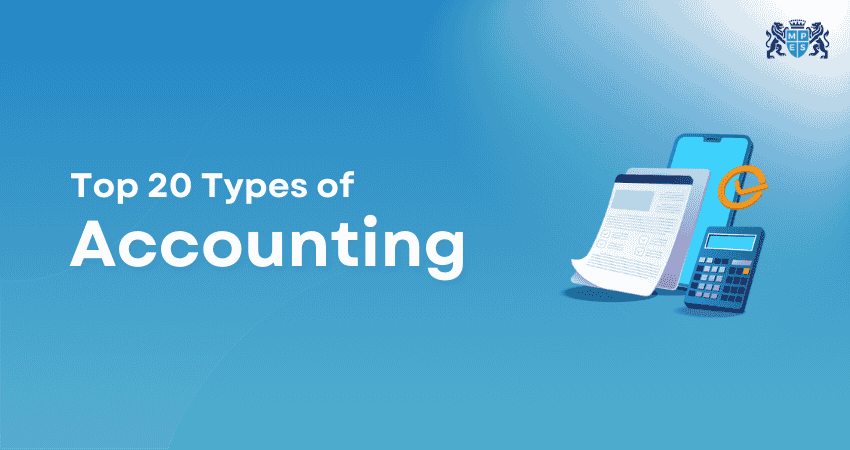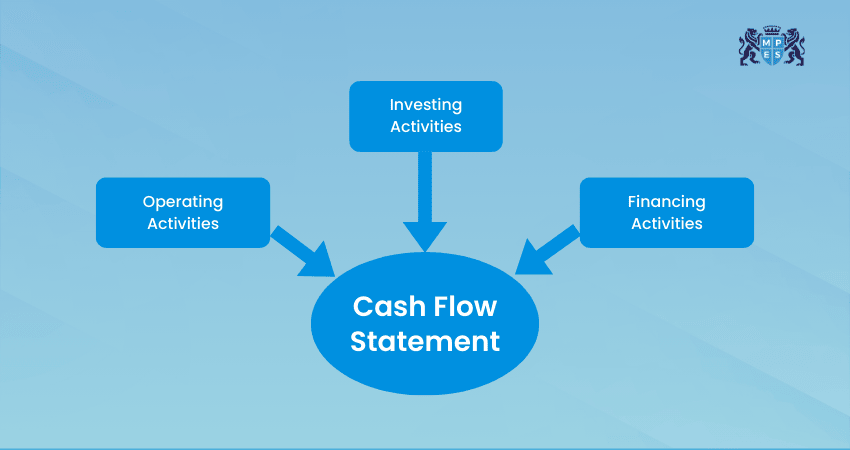Learning Options
- Online Video-Based Learning
- Flexible Schedule
- Expert Trainers with Industry Experience
- High Pass Rates
- 24/7 Personalised Support
- Interactive Learning Materials
- Live Online Classes
- Expert Trainers with Industry Experience
- Live Assessment and Feedback
- Interactive Learning Materials
- Networking Opportunities
- High Pass Rates
Overview
The Interconnecting Cisco Networking Devices Part 1 (ICND1) course is an essential entry point for individuals pursuing a career in networking. Designed for aspiring network professionals, this course offers an in-depth exploration of Cisco networking technologies and protocols. It focuses on enabling learners to design, operate, and troubleshoot small-scale networks, making it a perfect stepping stone toward more advanced networking qualifications.
This course ensures learners are proficient in configuring Cisco devices, managing network connectivity, and understanding fundamental networking concepts. It bridges the gap between foundational IT knowledge and hands-on networking skills, equipping learners to work confidently in environments that use Cisco technologies.
With this 4-Day course by MPES, learners gain practical expertise in using Cisco routers and switches, implementing IP addressing schemes, and applying basic security measures. It also provides valuable insights into troubleshooting methods, ensuring learners are prepared to handle real-world networking challenges with confidence.
Course Objectives
- Develop a thorough understanding of fundamental networking concepts and Cisco technologies
- Gain hands-on experience in configuring Cisco routers and switches
- Learn to design and implement IPv4 and IPv6 addressing schemes
- Understand network protocols, including TCP/IP, VLANs, and routing basics
- Enhance troubleshooting skills to identify and resolve common network issues
- Build knowledge of basic network security principles and practices
- Master connectivity configurations to ensure seamless communication across networks
- Establish a strong foundation for pursuing advanced Cisco certifications, such as CCNA
Upon completing the Interconnecting Cisco Networking Devices Part 1 (ICND1) course, learners will be well-equipped to manage small enterprise networks, troubleshoot connectivity issues, and advance their journey in the networking field.

Average completion time
4 Month
with unlimited support
100% online
Start anytime
Study At Your Own PaceCourse Includes
Course Details
Develop your understanding of essential financial, business and management accounting techniques with ACCA Applied Knowledge. You'll learn basic business and management principles and the skills required of an accountant working in business.
Entry Requirements
Educational Background: While no prior networking experience is required, familiarity with basic IT concepts and computer usage is beneficial for optimal progression.
Language Proficiency: Learners should have a strong command of English, as all course materials, assessments, and practical exercises are delivered in English.
Interest in Networking: This course is designed for individuals keen on building a career in networking or enhancing their knowledge to progress towards advanced Cisco certifications.
Learning Outcomes
Understand Networking Fundamentals: Gain a solid foundation in networking principles, including OSI and TCP/IP models, IP addressing, and subnetting, to confidently manage network environments.
Configure Cisco Devices: Learn to configure, verify, and troubleshoot Cisco routers and switches to ensure optimal network performance and stability.
Master Routing and Switching: Develop an in-depth understanding of Layer 2 switching technologies, VLANs, inter-VLAN routing, and basic static and dynamic routing protocols.
Enhance Network Security: Acquire practical knowledge of implementing basic security measures, including securing access to devices and managing firewall configurations.
Prepare for CCNA Certification: Build the foundational skills required to pursue the Cisco Certified Network Associate (CCNA) certification and advance your networking career.
Target Audience
- IT Support Specialist
- Network Administrator
- System Administrator
- Junior Network Engineer
- Technical Support Engineer
The Interconnecting Cisco Networking Devices Part 1 (ICND1) course is ideal for professionals and learners at the beginning of their networking career or those seeking foundational networking skills. Below are the key profiles who can benefit from this course:
Course content
Exploring the Functions of Networking
Network
Common Physical Components of a Network
Characteristics of a Network
Physical Topologies
IP Network Addressing
Classful Addressing
Rules for Assigning Network ID
Classful Network Architecture
Implement Two-Factor Authentication
Keep Your Systems Up to Date
Encrypt the Entire Network
Physically Secure the Network
Securing the Network
Understanding the Host-to-Host Communications Model
Layers of the OSI Model
TCP/IP Model
Understanding the Challenges of Shared LANs
Ethernet LAN Segments
Extending a LAN Segment
Collisions
Collision Domains
Operating Cisco IOS Software
Cisco Catalyst switches
Configuring Network Devices
External Configuration Sources
Cisco IOS Command-Line Interface Functions
Entering the EXEC Modes
Keyboard Help in the CLI
Enhanced Editing Commands
Command History
Exploring Wireless Networking
Business Case for WLAN Service
Differences Between WLANs and LANs
Radio Frequency Transmission
ITU-R Local FCC Wireless
802.11 Standards Comparison
Wi-Fi Certification
Understanding WLAN Security
Wireless LAN Security Threats
Mitigating Security Threats
Wireless Client Association
Working of 802.1x on WLANs
WPA and WPA2 Modes
Implementing a WLAN
802.11 Topology Building Blocks
BSA Wireless Topology
Steps to Implement a WLAN
Configure WLAN using WPA2 PSK using the GUI
Exploring the Functions of Routing
Routers
Path Determination
Packet Forwarding
Routing Tables
Routing Table Information
Routing Metrics
Routing Methods
Understanding Binary Numbering
Doing the Logic Thing
Constructing a Network Addressing Scheme
Kinds of Addresses
IP Addressing Scheme
Subnet Addressing and Masking
Classless Interdomain Routing (CIDR)
Starting a Cisco Router
Before You Get Started
Router Setup Steps
Configuring a Cisco Router
Exploring the Packet Delivery Process
Host-to-Host Packet Delivery
Graphical Representations of Host-to-Host IP Communications
Data Encapsulation
Checking the ARP Table
Sending the ARP Request
Switch Learning and Forwarding
Host Receives/ Responds ARP Request
Host Receives ARP Response
Sender Builds Frame
Switch Forwards Frame
Understanding Cisco Router Security
Physical and Environmental Threats
Configuring Password Security
Configuring the Login Banner
Telnet and SSH Access
Using Cisco SDM
Configuring Your Router to Support Cisco SDM
Start Cisco SDM
Steps to Start the Cisco SDM
Using a Cisco Router as a DHCP Server
Accessing Remote Devices
Establishing a Telnet or SSH Connection
Telnet and its Configuration
SSH and its Configuration
Understanding WAN Technologies
Introduction
Types of WAN Technologies
Enabling Static Routing
Static Routes Configuration
Access Point Configuration
Configuring Serial Encapsulation
Enabling RIP
Discovering Neighbours on the Network
Discovering Neighbours with CDP
Using CDP
Additional Cisco Discovery Protocol Commands
Creating a Network Map
Managing Router Start up and Configuration
Router Power-On Boot Sequence
Router Internal Components
ROM Functions
Finding the Cisco IOS Image
Loading the Cisco IOS Image from Flash
Loading the Configuration
Managing Cisco Devices
Cisco IOS File System and Devices
Managing Cisco IOS Images
Module 1: Building a Simple Network
Module 2: Ethernet LANs
Module 3: WLANs
Module 4: LAN Connections
Module 5: WAN Connections
Module 6: Network Environment Management
MPES Support That Helps You Succeed
At MPES, we offer comprehensive support to help you succeed in your studies. With expert guidance and valuable resources, we help you stay on track throughout your course.
- MPES Learning offers dedicated support to help you succeed in Accounting and Finance courses.
- Get expert guidance from tutors available online to assist with your studies.
- Check your eligibility for exemptions with the relevant professional body before starting.
- Our supportive team is here to offer study advice and support throughout your course.
- Access a range of materials to help enhance your learning experience. These resources include practice exercises and additional reading to support your progress.
Career Growth Stories
Discover how MPES Learning transforms careers with real success stories.

Arvy Pasanting

As a qualified accountant, studying at MPES has been a very rewarding experience. Its team of passionate and dedicated mentors gave me the confidence and knowledge I needed to not just excel at my current role as an auditor, but also inspired me to expand my horizons.
Arvy Pasanting
David Ford

I was recommended MPES after searching for a way to pursue a career in the accounting profession, I have studied with them throughout my journey utilising both their “in class” and online learning opportunities that fit around the needs of my employer, I have found them to be consummate professionals delivering first class accounting courses with support always available.
David Ford
Aaron Allcote

As a finance officer, MPES has been a huge help in understanding the process of recording and processing transactions from all different perspectives. The courses are very easy to follow, and the training they provide can be applied to real-life scenarios. The courses have been a huge help for me, and I would highly recommend them.
Aaron Allcote
Bob Beaumont

I completed all of my ACA studies with MPES and I think you would struggle to find a better training provider anywhere in the British Isles. MPES' tutors are excellent both at delivering training and giving individualised feedback and coaching. the supporting materials and the out of class support are also great.
Bob Beaumont
George Evans

The Financial Risk Management Course at MPES was invaluable in deepening my understanding of risk assessment and mitigation strategies. The hands-on learning approach allowed me to apply new concepts directly to my work. I highly recommend it for professionals in finance.
George Evans
James Robinson

As a financial consultant, I am always seeking ways to enhance my expertise. The Investment Analysis Course at MPES exceeded my expectations, offering practical skills and knowledge that I can apply immediately in my consulting work. It's an outstanding choice for professionals in finance.
James Robinson
Laura Bennett

The Corporate Finance Course I attended at MPES was transformative. The depth of knowledge shared by the instructors and the relevance of the topics covered have directly impacted on our financial strategy. I strongly endorse this program for anyone in a leadership position in finance.
Laura Bennett
Emma Johnson

The Financial Modeling and Valuation Course at MPES was incredibly insightful. The practical applications and real-world examples helped solidify my understanding of complex concepts. I highly recommend this course to anyone looking to enhance their financial acumen.
Emma JohnsonHave Questions? We’ve Got You
If you have any questions, we’re here to help. Find the answers you need in the MPES detailed FAQ section.
Q. What is the primary objective of the course?
The course aims to provide learners with foundational knowledge of networking concepts, Cisco networking devices, and how to configure, manage, and troubleshoot small networks, ensuring seamless connectivity and improved network performance.
Q. Who should attend this course?
This course is ideal for entry-level network engineers, aspiring IT professionals, and individuals seeking Cisco CCNA Certification or looking to enhance their networking skills.
Q. What will I learn in this course?
Learners will learn key networking concepts, including IP addressing, subnetting, and network security, as well as practical skills in configuring Cisco routers, switches, and basic troubleshooting.
Q. How will this course benefit my organisation?
Trained professionals can help optimise network infrastructure, enhance security, and reduce downtime, ensuring more efficient and reliable communication across the organisation.
Q. How will this course benefit my career growth?
Completing this course builds a strong foundation in networking, opens doors to advanced certifications like CCNA, and increases career opportunities in roles like network engineer or IT specialist.
Related Courses
Explore additional courses designed to complement your learning journey and enhance your professional skills. Expand your knowledge with these expertly curated options tailored to your career goals.





Resources
Access a wide range of free resources to support your learning journey. From blogs to news and podcasts, these valuable guides are available at no cost to help you succeed.
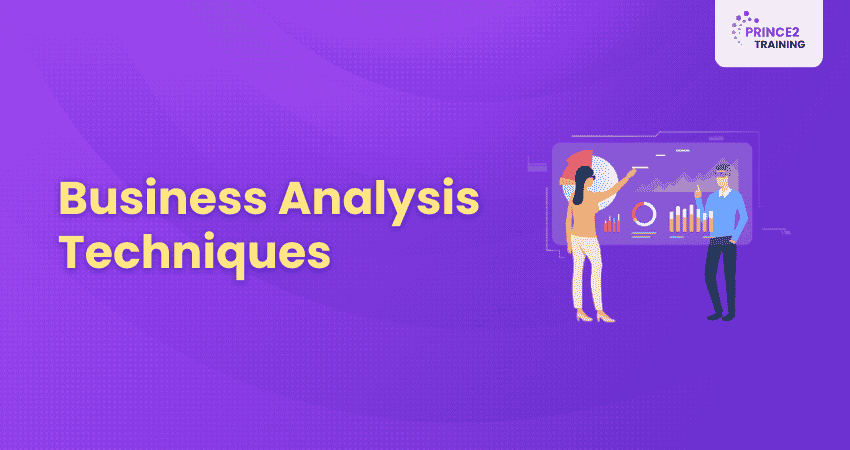
Top 15 Effective Business Analysis Techniques to Achieve Success
Veronica Davis14-Jan-2025
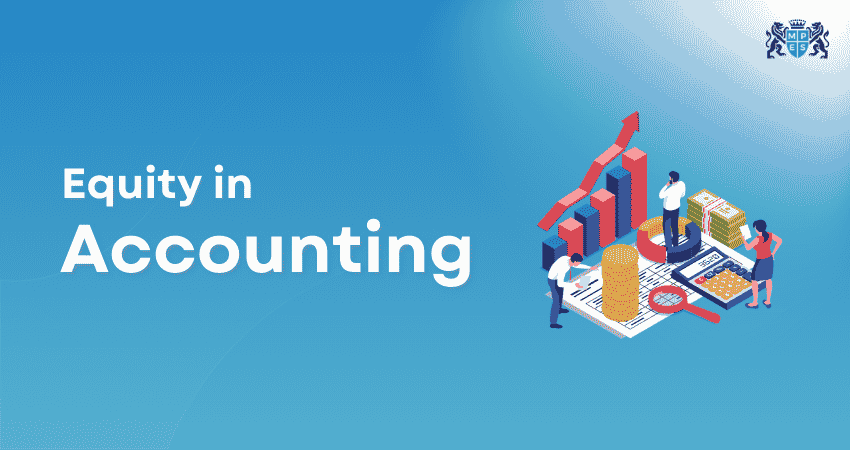
Equity in Accounting: Meaning, Components & How to Calculate it
Maria Thompson10-Jan-2026
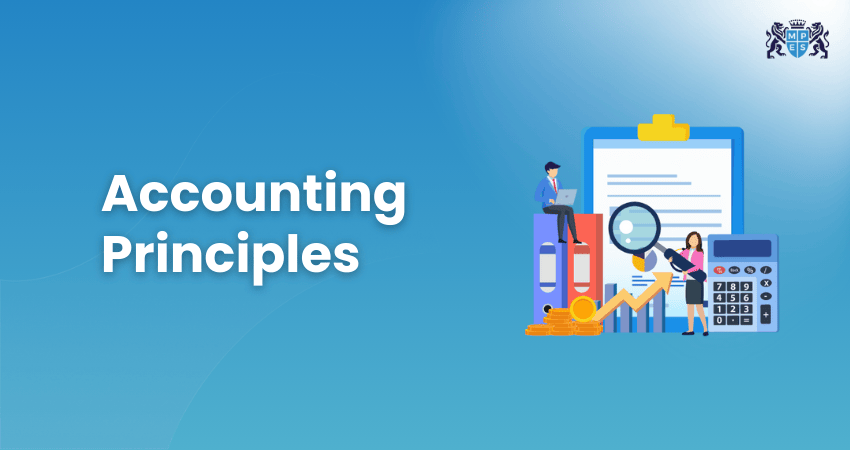
Accounting Principles: Definition, Types, Importance, and Benefits
Grace Mitchell22-Sep-2025
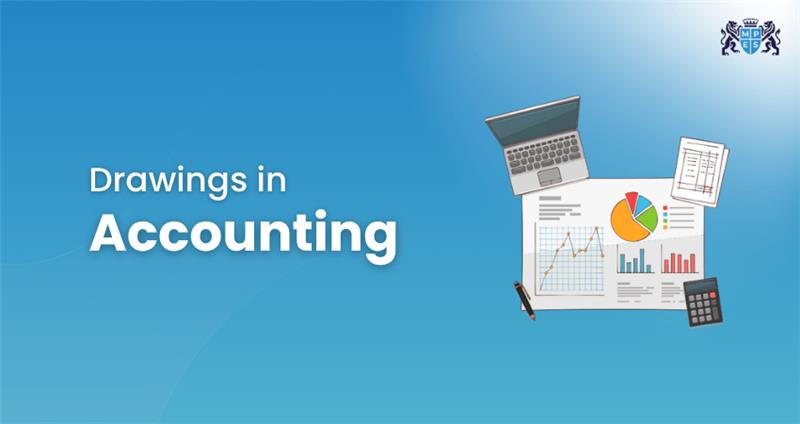
Drawings in Accounting: Definition, Characteristics, and Examples
Maria Thompson21-Jul-2025

The Best Accounting and Finance Books for Professionals and Students
Maria Thompson07-Jul-2025

Activity-Based Costing (ABC): Definition, Benefits & Limitations
Maria Thompson16-Jun-2025

Job Shadowing: How it Benefits Teams via Observational Learning
Maria Thompson13-Jun-2025

Deferred Revenue: Definition, Liability Risks & Examples Explained
Maria Thompson10-Jun-2025

18 High Income Skills to Master in 2026 for Great Profitability
Maria Thompson26-May-2025

AI in Workplace: Benefits & Examples Shaping the Future of Work
Maria Thompson20-May-2025

15 Reasons Why to Become an Accountant: Benefits & Career Growth
Maria Thompson14-May-2025

How to Motivate Yourself: 20 Powerful Tips for Self-improvement
Maria Thompson12-May-2025
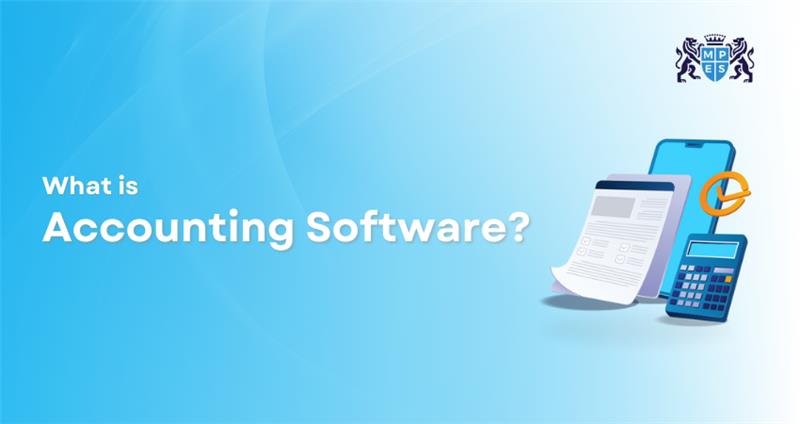
What Is Accounting Software? Features, Types & Benefits Explained
Maria Thompson07-May-2025

Cyber Security for Business: Meaning, Importance & Tips Explained
Maria Thompson02-May-2025

What is Bookkeeping, Its Importance and How to Become a Bookkeeper
Maria Thompson28-Apr-2025

Freelancing vs Full-Time Employment: Choosing the Right Career Path
Maria Thompson25-Apr-2025

What is Financial Reporting: Types, Importance and Uses Explained
Maria Thompson21-Apr-2025
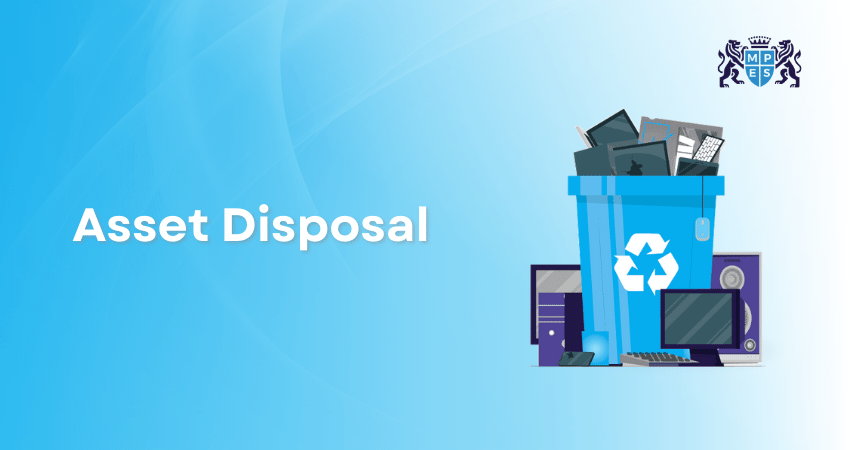
Asset Disposal: Definition, Types, Methods and Examples Explained
Maria Thompson16-Apr-2025

Allowable and Disallowable Expenses in the UK: Explained in Detail
Maria Thompson09-Apr-2025

What is Human Resource Management (HRM)? Principles and Functions
Maria Thompson08-Apr-2025

Navigating Career Transitions with the 10 Steps Framework Guide
Maria Thompson28-Mar-2025

Top 15 IT Soft Skills Every Tech Professional Should Have in 2025
Maria Thompson05-Mar-2025

Trade Payables: Definition, Benefits, Tips, and Examples for Business
Maria Thompson03-Mar-2025

What is Goodwill in Accounting? Importance, Types, and Examples
Maria Thompson11-Feb-2025

Audit vs. Assurance: Definitions, Key Differences & Similarities
Maria Thompson03-Feb-2025

What is DeepSeek R1 Model, and How it Ranks Against OpenAI's o1?
Maria Thompson31-Jan-2025

What Is Cash Basis Accounting? Definition, Example and New Updates
Maria Thompson29-Jan-2025

Corporate Tax Planning: Definition, Types, Strategies, and Benefits
Maria Thompson27-Jan-2025

The Power of Resilience: Strategies to Develop Your Inner Strength
Maria Thompson23-Jan-2025

Financial Accounting vs Management Accounting: What's the Difference?
Maria Thompson22-Jan-2025

Role of Mentorship in Career Development: A Catalyst for Success
Maria Thompson16-Jan-2025

What is a Stakeholder: Definition, Types and Examples Explained
Maria Thompson13-Jan-2025

15 Reasons You Should Invest in Professional Development: Explained
Maria Thompson03-Jan-2025

What is Corporate Governance: Principles, Models, and Best Practices
Maria Thompson23-Dec-2024

What Is Management Accounting? Types and Key Functions Explained
Maria Thompson18-Dec-2024

Accounting Secrets to Effective Budgeting: Proven Strategies for Creating Effective Budgets
Maria Thompson16-Dec-2024

Financial Accounting in a Remote Work Era: Adapting Key Practices
Maria Thompson12-Dec-2024

Future-ready Accountants: Top Certifications to Bridge Skills Gaps in 2025
Maria Thompson04-Dec-2024
 Have Any Question?
Have Any Question?
 +44 7452 122728
+44 7452 122728






 Back
Back



